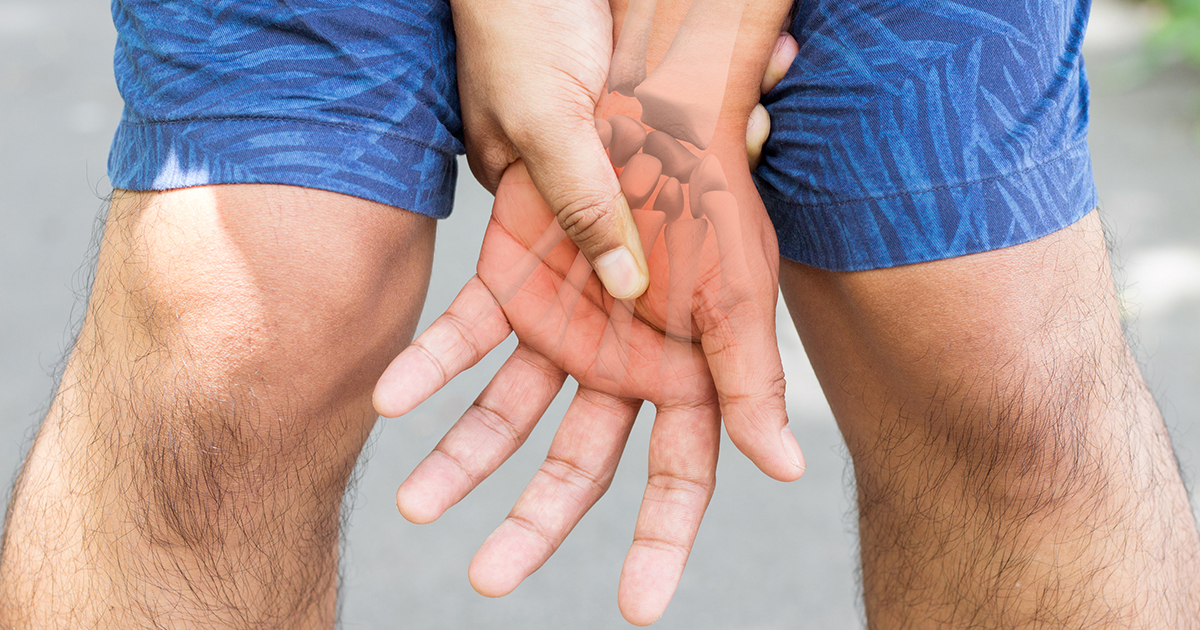Guide To The Causes And Complications Of Anhidrosis
Congenital Conditions

Several congenital conditions can cause anhidrosis. For example, a type of congenital dysplasia known as hypohidrotic ectodermal dysplasia impairs the function of sweat glands, and patients with this condition typically have anhidrosis, and they often also have dry skin, hypopigmented hair, and the partial or total absence of teeth. Some patients also have trouble regulating body temperature and become easily overheated, and seizures have been reported as well. The condition is more common in males than in females, and symptoms normally begin during late infancy. Although there is no cure for the condition, patients are provided with supportive care, medications to control seizures (if necessary), and treatment to regulate body temperature. Anhidrosis also occurs with inherited conditions that affect metabolism, including Fabry's disease. Patients with this condition typically have pain in the hands and feet, digestive issues, and tinnitus, and the disease may lead to heart, kidney, and nervous system complications. Enzyme replacement therapy is the major treatment for this condition.
Read about another possible cause of anhidrosis now.
Nerve Damage

Nerve damage associated with conditions such as diabetes and Guillain-Barre syndrome could result in anhidrosis. Patients with nerve damage, also known as neuropathy, will usually experience numbness or tingling, and they might notice muscle weakness and increased sensitivity to touch. Neuropathy can lead to functional impairments with various organs and glands, and individuals could have difficulties with urination and sexual function. As part of an evaluation for neuropathy, a doctor will test the patient's sensation, reflexes, and motor function. Nerve conduction studies may be necessary, and blood tests might be recommended to check for diabetes. Anticonvulsants are commonly prescribed to reduce nerve pain, and patients might be offered nerve blocks too. Physical therapy and acupuncture are often beneficial for many patients with this condition.
Learn about possible complications of anhidrosis next.
